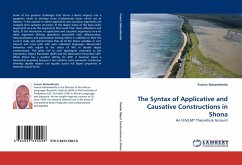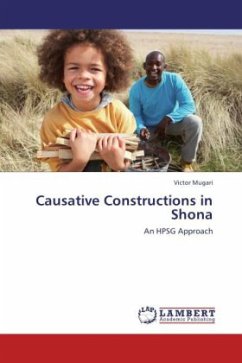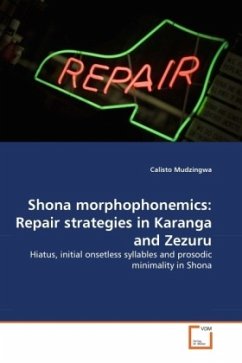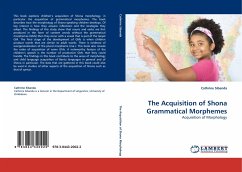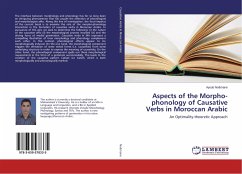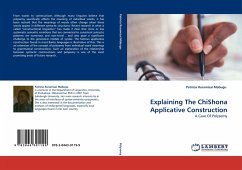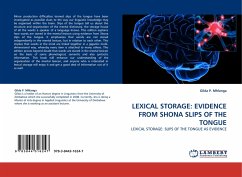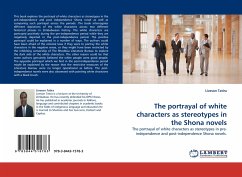Some of the greatest challenges that throw a Bantu linguist into a quagmire relate to perhaps three fundamental issues which are as follows; 1) the manner in which applicative and causative arguments are mapped onto syntactic structure; 2) the object status of the base verb's arguments vis-a-vis the arguments that result from these affixations and lastly; 3) the interaction of applicative and causative arguments vis-a-vis other argument altering operations associated with reflexivisation, reciprocalisation and passivisation among others. In addition to that, the current study also demonstrates that all of the above variables in turn interact and cross path with each individual language's idiosyncratic behaviour with regard to the status of NPs in double object constructions. This gives rise to such typological contraints as the Asymmetric Object Parameter (AOP) and the Alternation Parameter (AP). While Shona has a positive setting for AOP, it however poses a theoretical quandary because it also exhibits some symmetric tendencies whereby double objects can equally access full object properties in alternate lexical forms.

